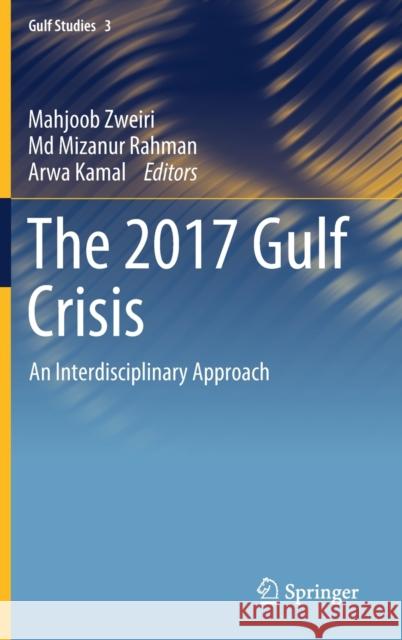The 2017 Gulf Crisis: An Interdisciplinary Approach » książka
topmenu
The 2017 Gulf Crisis: An Interdisciplinary Approach
ISBN-13: 9789811587344 / Angielski / Twarda / 2020 / 345 str.
The 2017 Gulf Crisis: An Interdisciplinary Approach
ISBN-13: 9789811587344 / Angielski / Twarda / 2020 / 345 str.
cena 523,30
(netto: 498,38 VAT: 5%)
Najniższa cena z 30 dni: 501,19
(netto: 498,38 VAT: 5%)
Najniższa cena z 30 dni: 501,19
Termin realizacji zamówienia:
ok. 16-18 dni roboczych.
ok. 16-18 dni roboczych.
Darmowa dostawa!
Kategorie BISAC:
Wydawca:
Springer
Seria wydawnicza:
Język:
Angielski
ISBN-13:
9789811587344
Rok wydania:
2020
Wydanie:
2021
Numer serii:
001122335
Ilość stron:
345
Waga:
0.68 kg
Wymiary:
23.39 x 15.6 x 2.06
Oprawa:
Twarda
Wolumenów:
01
Dodatkowe informacje:
Wydanie ilustrowane











